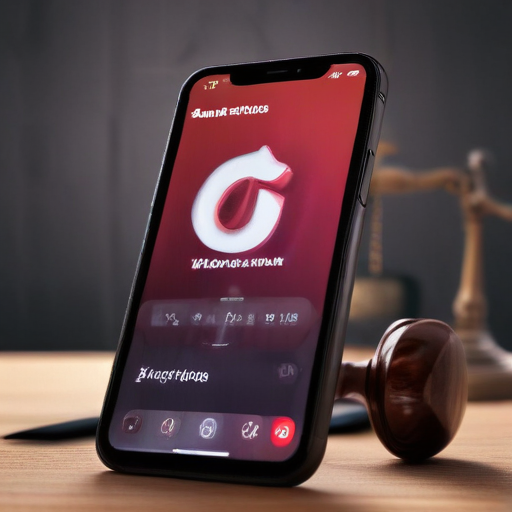A group of lawmakers is pressing President Joe Biden and the U.S. Supreme Court to take measures to prevent the potential ban of TikTok, scheduled for Sunday, citing concerns it could infringe on free speech rights for millions of Americans. The law in question hinges on a challenge from TikTok’s parent company, ByteDance, which may be required to divest its U.S. assets by January 19.
Senator Ed Markey, D-Massachusetts, announced plans to introduce legislation that would extend the deadline by an additional 270 days. The debate surrounding TikTok has escalated following Biden’s signing of national security legislation last spring, which raised alarms regarding potential data collection and content manipulation by the Chinese government.
With over 170 million American users relying on the platform, lawmakers argue a ban could disrupt not only personal expression but also the livelihood of countless content creators who monetize their presence on TikTok. Markey highlighted the unique communities formed within the app, stating that these connections can’t be easily transferred to alternative platforms.
Bipartisan efforts, including a brief submitted by Markey, Senator Rand Paul, R-Ky., and Representative Ro Khanna, D-Calif., urge the Supreme Court to rethink the previous court’s decision backing the ban. They contend that there are alternative ways to address data security concerns without infringing upon constitutional rights.
In the midst of these discussions, rumors of potential buyers have emerged, with Project Liberty, led by billionaire Frank McCourt, formally offering to purchase TikTok’s U.S. assets. Despite the challenges facing ByteDance in meeting divestiture requirements, interest remains high, showcasing a willingness to keep TikTok operational.
If the ban were to proceed, app downloads would be halted, undermining the platform’s accessibility. Existing users would struggle with app updates over time, ultimately limiting its functionality.
This complex situation emphasizes the balance between national security and protecting individual rights. As discussions and debates unfold, there is still hope that legislative actions could preserve the platform and its vibrant community while addressing security concerns effectively.
